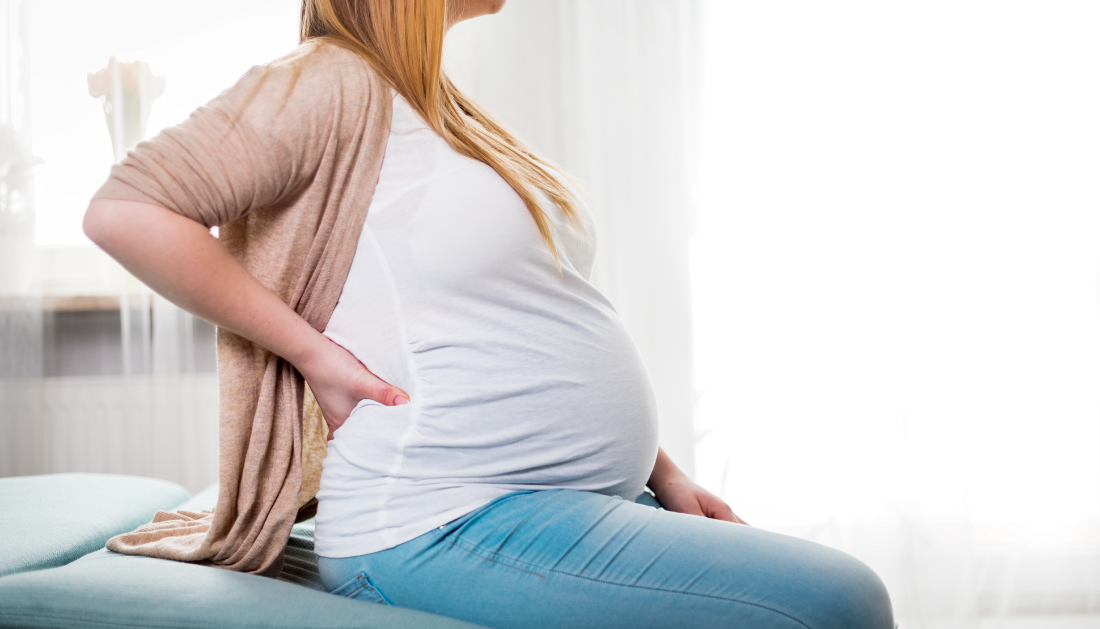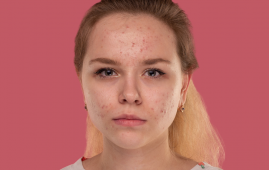

Cannabis during pregnancy increases the risk of premature birth, low birth weight, and neonatal intensive care in infants, according to a new study from researchers at the Centre for Addiction and Mental Health (CAMH) and the University of Toronto.
The study, which was published in the journal Addiction, also discovered that cannabis-exposed newborns are not at a higher risk of birth abnormalities or mortality within one year, including sudden unexpected infant death.
“The global increase in cannabis use among women of reproductive age also extends to pregnant women,” says Maryam Sorkhou, a PhD student and principal author on the study at the University of Toronto’s Temerty Faculty of Medicine’s Institute of Medical Science. “We know that THC, the main psychoactive constituent in cannabis, can cross the placenta from mother to fetus and bind to receptors in the fetal brain.”
Tony George, a clinician-scientist at CAMH and a professor in the Temerty Faculty of Medicine’s department of psychiatry and Institute of Medical Science, collaborated with Sorkhou on the project.
This study combined the findings of 57 previous investigations from throughout the world.
These investigations took place between 1984 and 2023 and involved the health outcomes of almost 12 million newborns, including over 102,000 infants who were exposed to cannabis before birth.
For example, 20 of the included studies assessed the relationship between intrauterine cannabis exposure and the risk of premature delivery.
The combined data suggest that moms who used cannabis during pregnancy were more than 1.5 times more likely to have a premature delivery than mothers who did not use cannabis during pregnancy.
Another 18 papers included in the review assessed the risk of low birth weight.
The combined findings suggest that mothers who used cannabis during pregnancy were more than twice as likely to have a low-birth-weight infant than mothers who did not use cannabis during pregnancy.
Ten of the included trials additionally assessed the likelihood of requiring NICU hospitalization.
The pooled data suggest that neonates with intrauterine cannabis exposure were more than twice as likely as non-exposed newborns to require NICU hospitalization.
“Our study adds to that knowledge by showing that prenatal exposure to cannabis heightens the risk of several adverse birth outcomes,” says Sorkhou.
For more information: Birth, cognitive and behavioral effects of intrauterine cannabis exposure in infants and children: A systematic review and meta-analysis, Journal Addiction
more recommended stories
 Early Brain Development: Gene Control Atlas Unveiled
Early Brain Development: Gene Control Atlas UnveiledAn atlas of the brain’s early.
 PLS Riskier in ABO Mismatched Lung Transplants
PLS Riskier in ABO Mismatched Lung TransplantsPassenger lymphocyte syndrome (PLS) is a.
 Lysosomal Function in Parkinson’s Disease Risk
Lysosomal Function in Parkinson’s Disease RiskThe genetic traits that affect the.
 Omega-6 Fatty Acid Role in Bipolar Disorder
Omega-6 Fatty Acid Role in Bipolar DisorderHigher concentrations of arachidonic acid, an.
 Transplant Drug Shows Promise in Slowing Alzheimer’s in Seizure Patients
Transplant Drug Shows Promise in Slowing Alzheimer’s in Seizure PatientsProtein imbalances, which heighten the excitability.
 Fentanyl Inhalation: Brain Damage Risks
Fentanyl Inhalation: Brain Damage RisksAfter treating a middle-aged man who.
 Enhanced Immune Response in New COVID-19 Vaccines
Enhanced Immune Response in New COVID-19 VaccinesAn improved vaccination offers an enhanced.
 Bioresorbable Wireless Sensor for Early Stomach Leakage Detection
Bioresorbable Wireless Sensor for Early Stomach Leakage DetectionIn a recent publication in Scientific.
 Neurocardiac Connectivity in Depression Treatment
Neurocardiac Connectivity in Depression TreatmentHeart rate deceleration and sadness may.
 Antioxidants: Impact on Quality of Life in Acne Vulgaris
Antioxidants: Impact on Quality of Life in Acne VulgarisA recent study published in the.

Leave a Comment